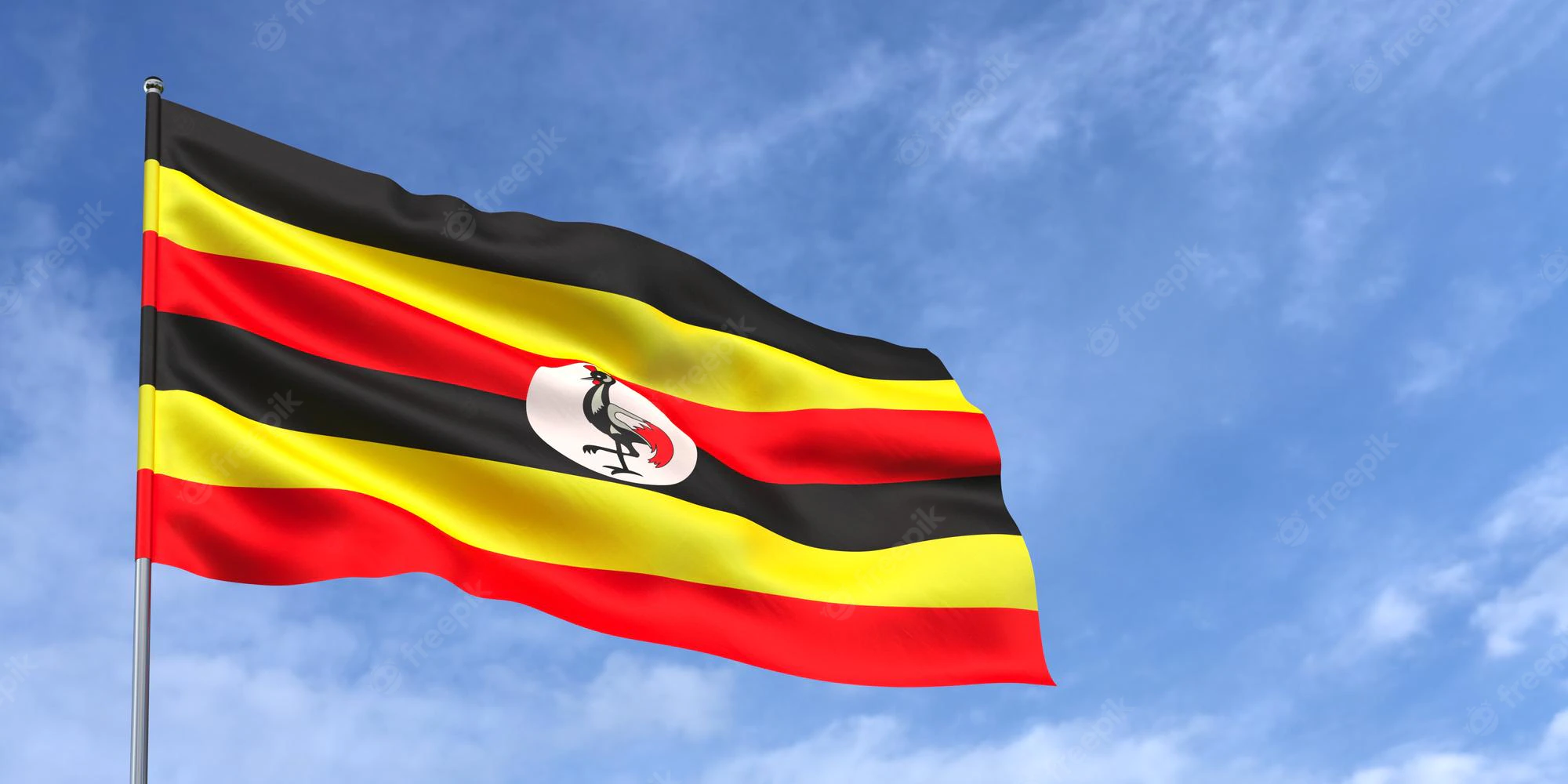- The Daily Brief, by The Kenyan Wall Street
- Posts
- The Congo Headache
The Congo Headache
Kenya's #1 newsletter among business leaders & policy makers
Hi there! It's Brian from The Kenyan Wall Street.
From the sanctioning of a Rwandan minister over the Congo crisis, to the performance of Kenyan beverages on the export market, and the financial results for Longhorn Publishers and Jumia…
Here are our top business stories today:
GEOPOLITICS
Congo Conflict: Markets Rattle, Alliances Strain

The escalating conflict in the DRC isn’t just a regional headache—it’s a ticking time bomb for East Africa’s economic stability. As Kenya scrambles to safeguard its citizens and businesses, the ripple effects are set to rattle trade patterns and investor confidence. With the U.S. slapping sanctions on Rwanda’s top brass and rebel-linked firms, the message is clear: meddling in Congo’s chaos comes at a cost. Meanwhile, the seizure of Goma and Bukavu by M23 throws a wrench into global supply chains, especially for tech giants hungry for Congo’s precious minerals. Kenya and Uganda, now under scrutiny for alleged backdoor dealings, risk turning from mediators to market pariahs. In this geopolitical chess game, one misstep could turn a local conflict into a full-blown economic crisis.
Bottom line: Congo's conflict isn’t just local drama—it’s a high-stakes gamble with East Africa’s economy on the line. Here is the full article »»»»»
⏱️ Also Read
Today's Poll
Do you think Kenya should be part of the mediation process in the Congolese crisis? |
Yesterday's Poll Results
Do you think the government will be able to solve SHA's challenges or the scheme is conceptually flawed thus unsalvageable?
🟨⬜️⬜️⬜️⬜️⬜️ Yes, they can solve it (15.62%)
🟩🟩🟩🟩🟩🟩 No, it is hopeless (84.38%)
AGRICULTURE
Coffee Climbs High as Tea Tanks

Kenya’s tea exports saw a surprising 20% revenue dip in December 2024, despite higher export volumes, as global price slumps and waning demand hit hard. Meanwhile, coffee basked in a revenue surge, with earnings soaring 54% thanks to near-doubled export volumes and the year’s peak prices, hitting KSh 859.40 per kilogram. Tea farmers, particularly in the west Rift, faced mounting frustrations as factory prices plummeted to as low as KSh 20 per kilogram, triggering protests and fears over future production. As both sectors face contrasting fortunes, calls for policy reforms and diversification are growing louder to shield Kenya’s agricultural backbone from future shocks.
Bottom line: Coffee brews profits, tea steeps in trouble. More on the story here »»»»»
CAPITAL MARKETS
Longhorn’s Losses Shrink, Optimism Grows

Longhorn Publishers has slimmed its half-year losses by 28.4% to KSh 148.6 million, despite a sharp 46.9% revenue dip to KSh 278.8 million, thanks to curriculum delays that kept parents waiting on new textbooks. The publisher’s cost-cutting strategy trimmed operating expenses by 11.5%, but higher borrowing costs nudged finance expenses up 7.4% to KSh 105.7 million. Delayed government orders and sluggish curriculum approvals bit into sales, yet Longhorn’s digital push isn’t lagging—47,845 active subscribers now tap into its 350+ interactive books and 3,000 videos. Optimism brews for the second half, with cleared textbook approvals and expected government deals set to turn the page. Meanwhile, its stock, trading at KSh 3.46, has rallied 35.7% since January—proof that investors are still reading between the lines.
Bottom line: Longhorn cuts losses, eyes stronger second half. More on this story»»»»»
📈 On Global Markets

Jumia reported a $99.1 million loss in 2024, barely improving from 2023, as shrinking customer numbers and market exits took a toll. Despite a Black Friday sales boom and a trimmed operating loss, revenue dipped 10%, worsened by currency devaluation and soft corporate sales in Egypt. A 27.5% share price plunge followed the dismal Q4, though Jumia’s liquidity perked up, thanks to a strategic cash boost. Betting on a 10%-15% growth in 2025, Jumia’s trimming the fat and doubling down on markets that actually want to shop.
Video of the Day
News Desk
Opinion and Commentary
Freedom is indivisible. As soon as one starts to restrict it, one enters upon a decline on which it is difficult to stop.
Have an enjoyable weekend




